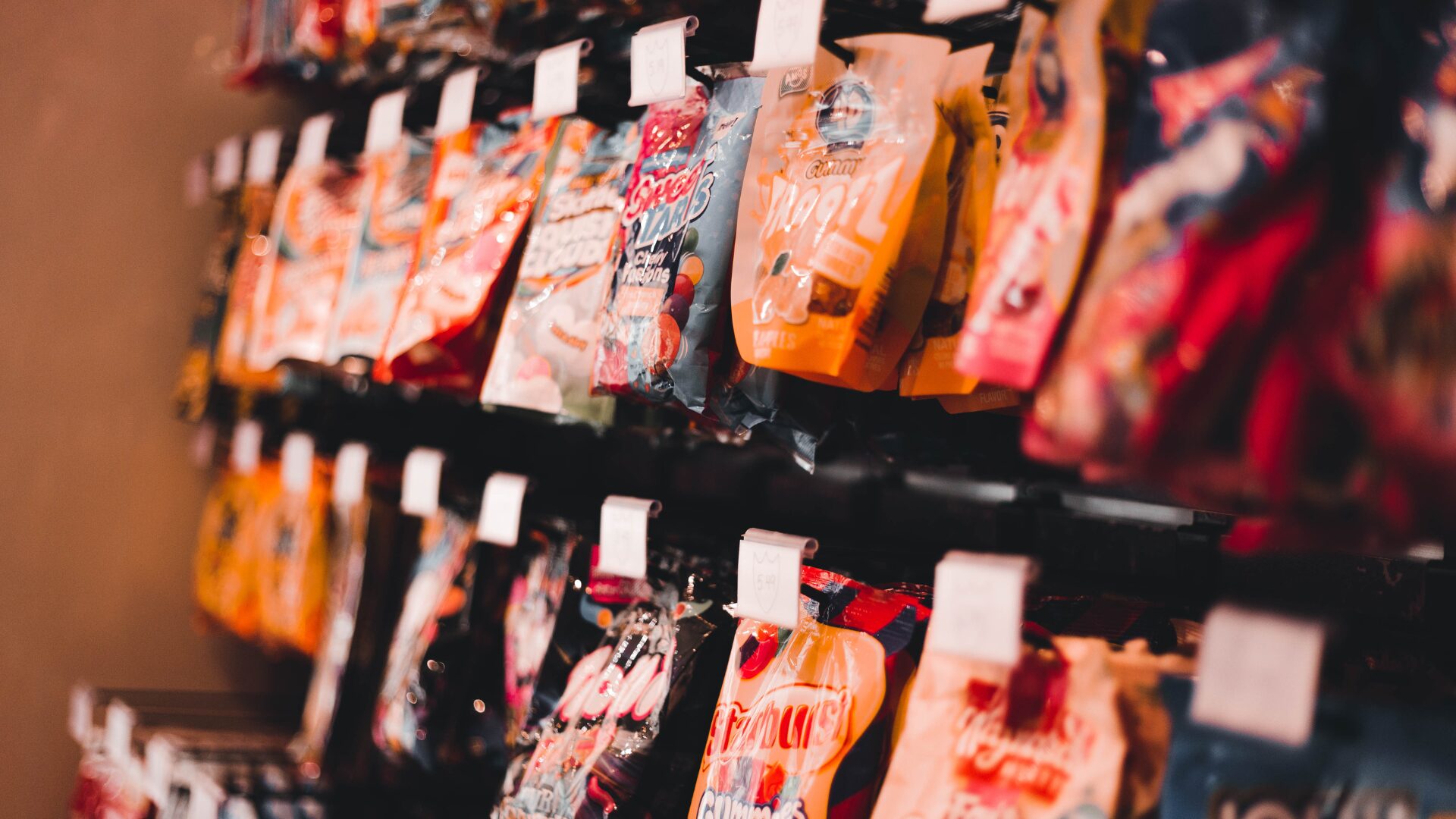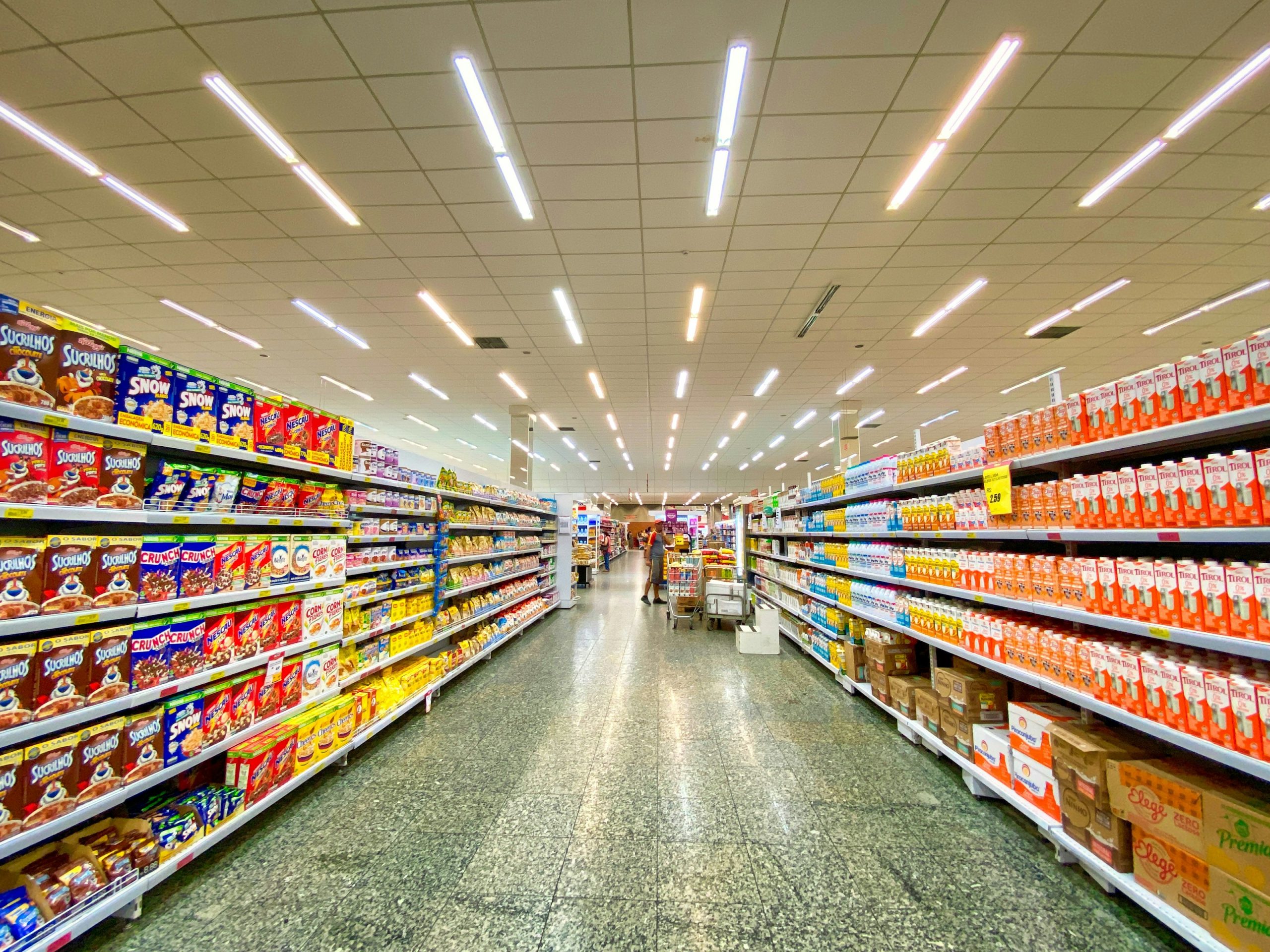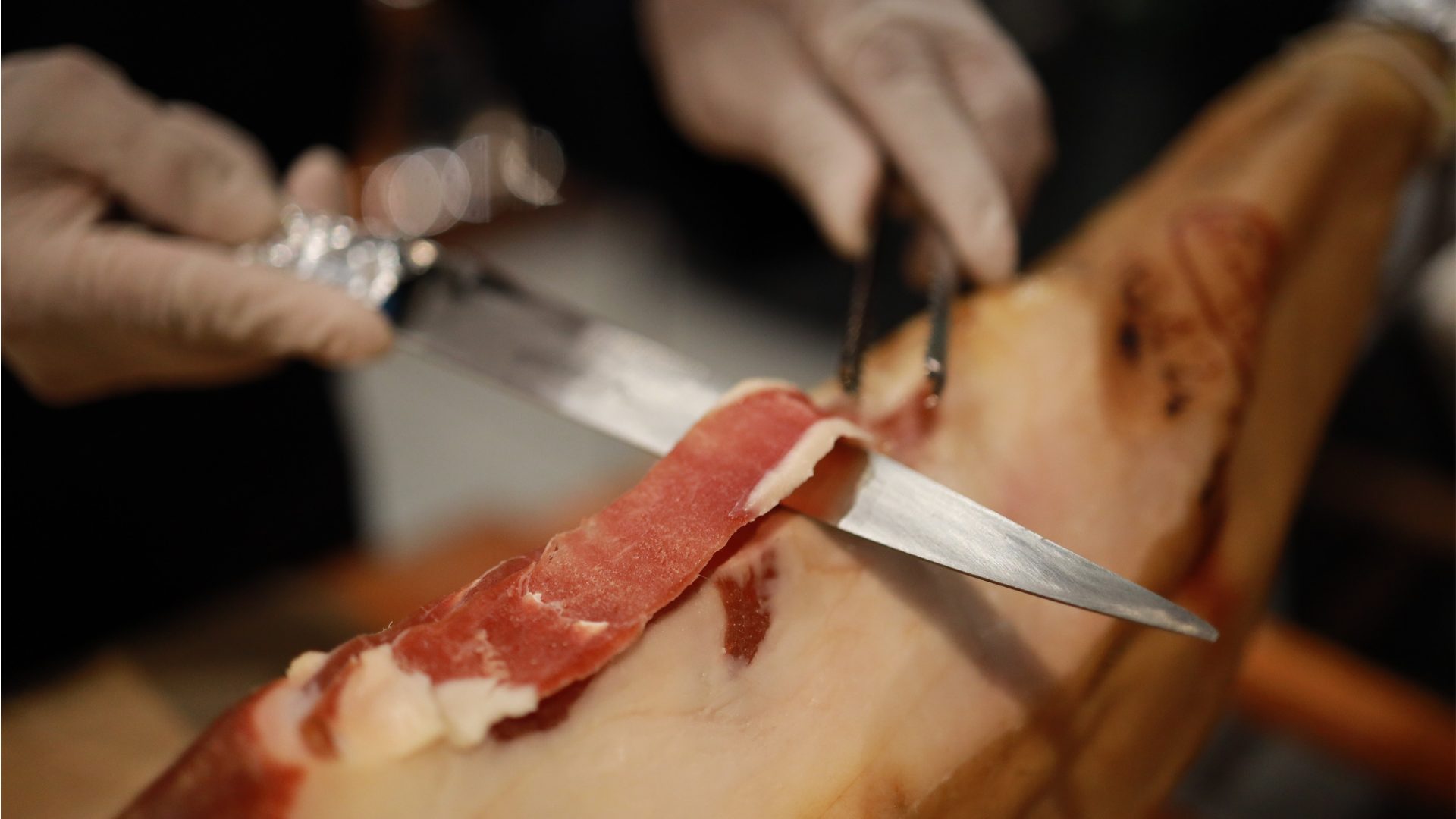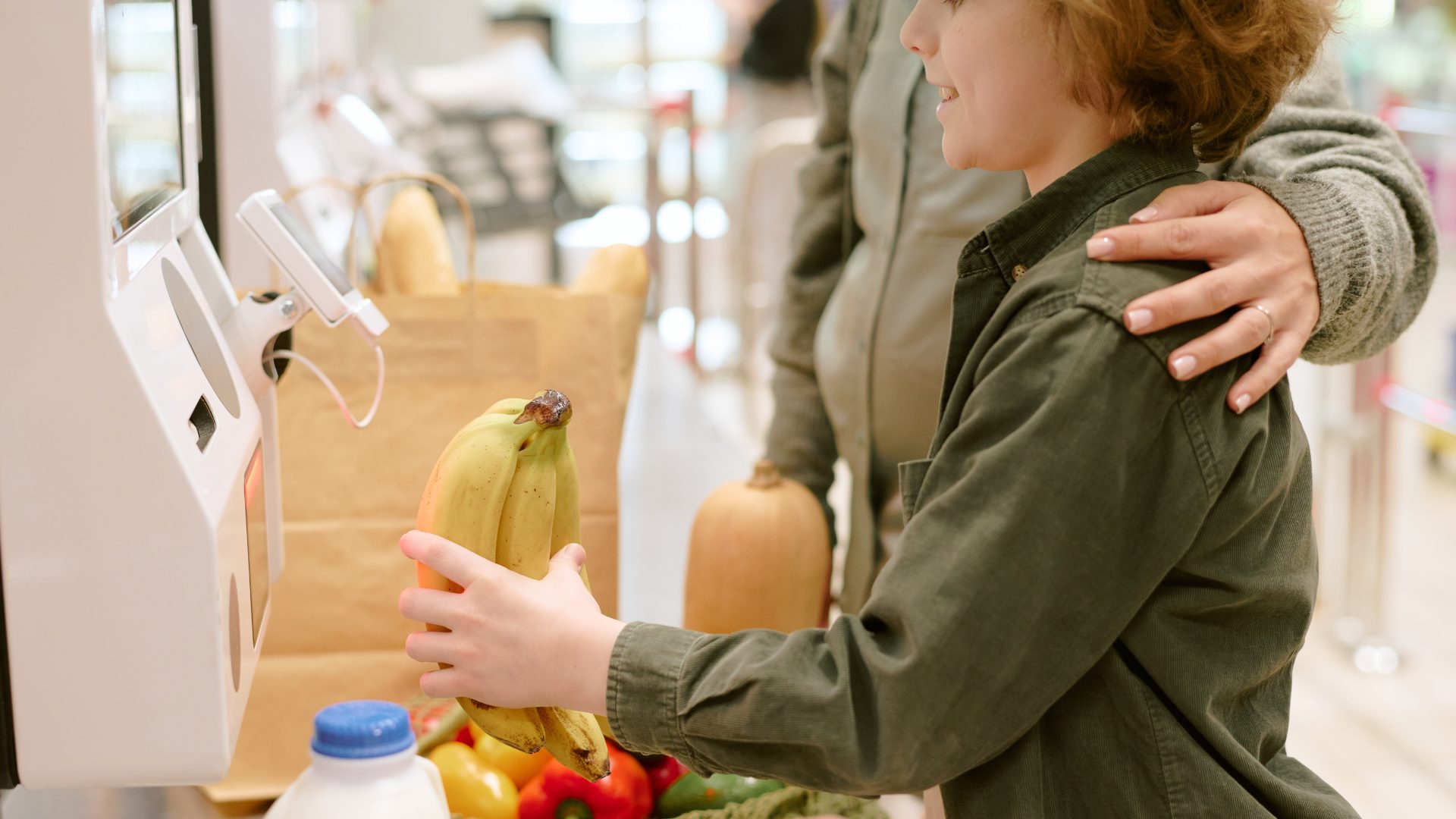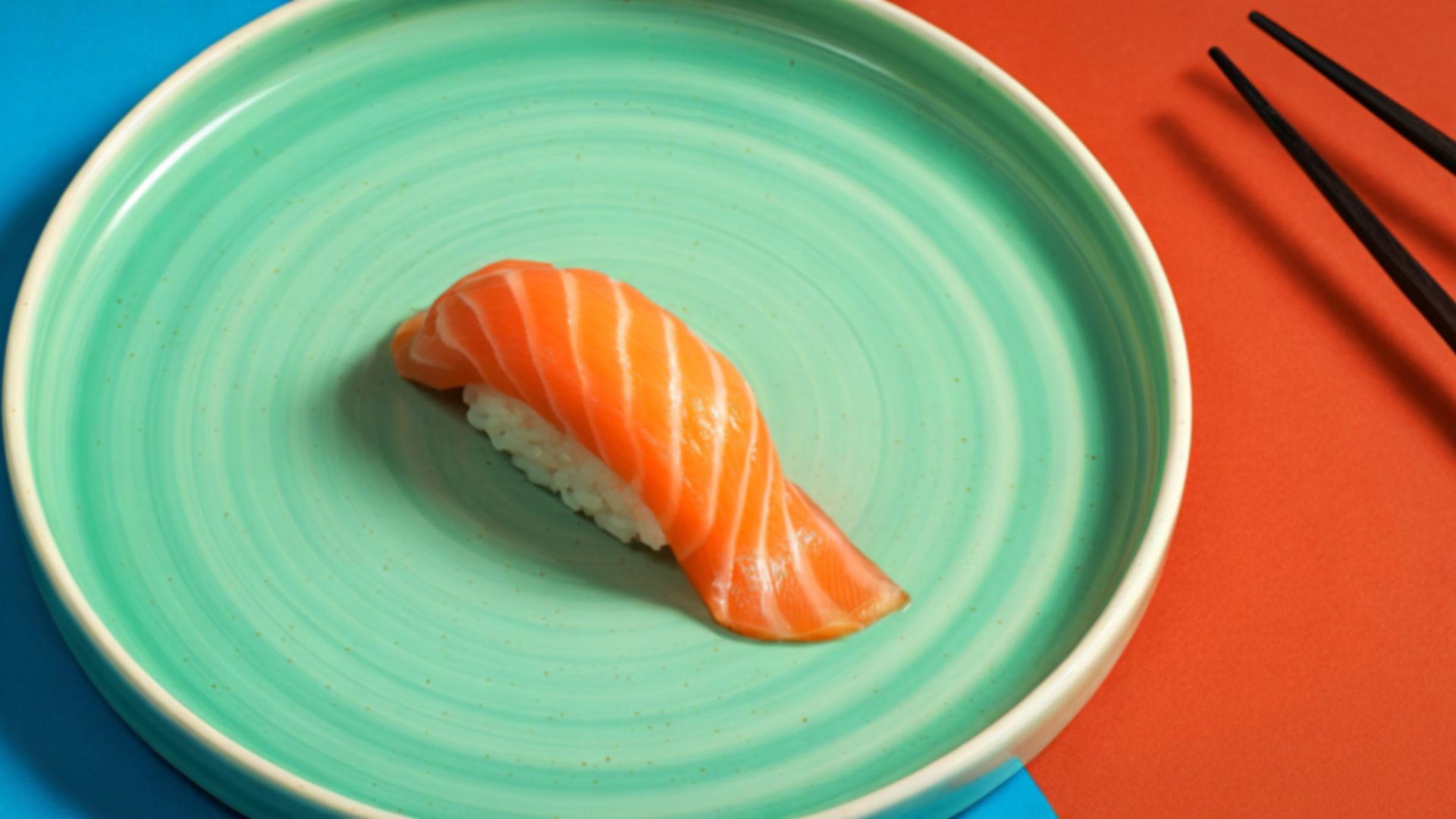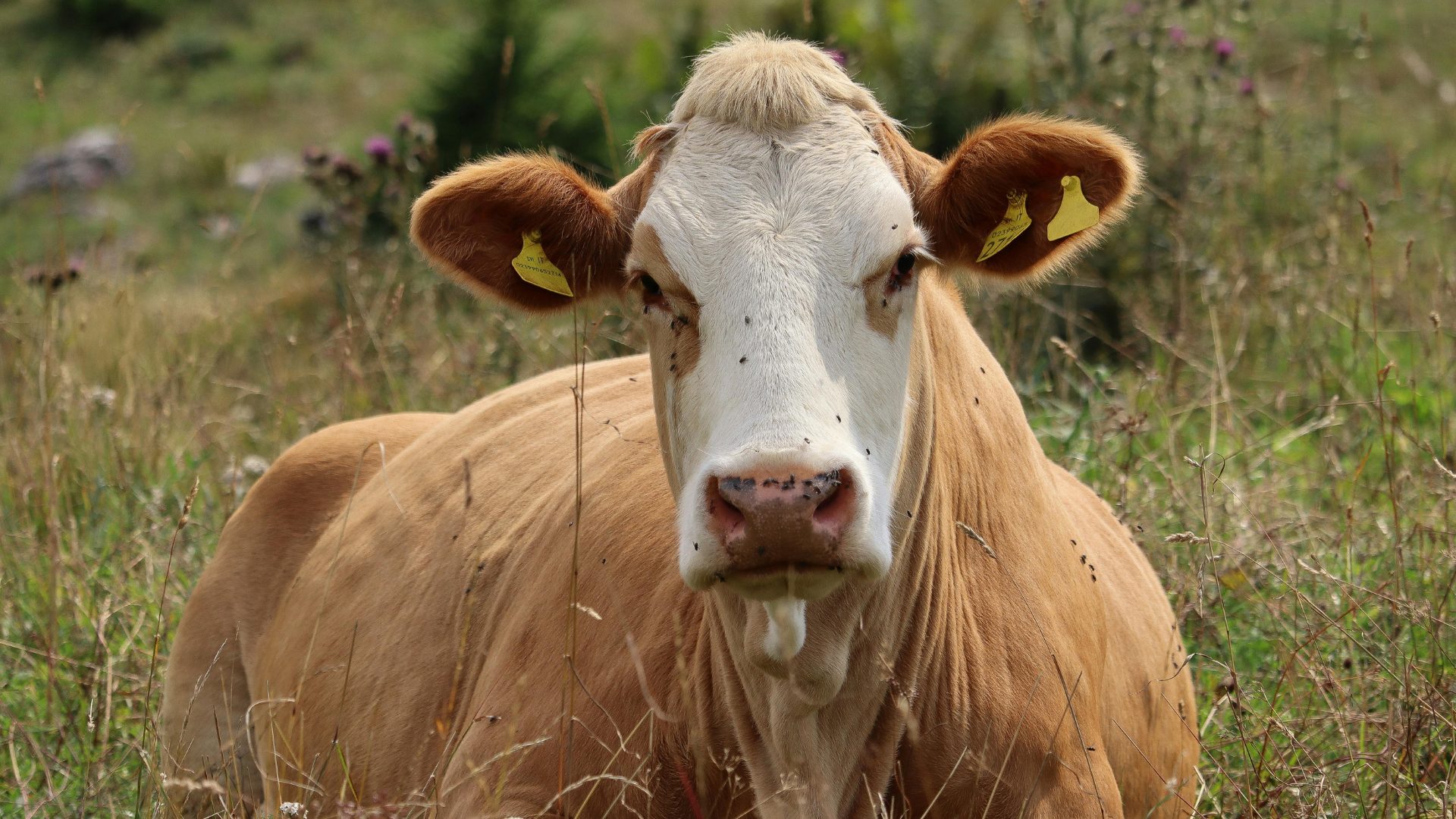At least 10 states are instituting or considering bans on using SNAP benefits to pay for sugary snacks and sodas, with the first such ban set to take effect in Idaho in the coming months.
Industry groups call the action ineffective and misguided.
Arkansas and Indiana also have asked the U.S. Department of Agriculture – which administers the Supplemental Nutrition Assistance Program formerly known as food stamps – to approve the restrictions. Both Agriculture Secretary Brooke Rollins and Health Secretary Robert F. Kennedy Jr. have indicated they are in favor of the action.
If approved, this administration would be the first to ban specific foods from the program.
Health officials agree sugar is a major contributor to obesity and some chronic diseases.
Stephanie Hodges, public health dietitian at The Nourished Principles, told The Food Institute that just banning access to sugary products is not the answer.
“Research has shown the benefits of incentives in helping shoppers obtain foods for a healthier diet,” Hodges said, adding that without incentives, “it is unlikely that participants will redirect those funds to healthier foods.”
“When we think of consumer shopping behavior, even our own, we aren’t replacing a soft drink or a candy bar with an apple or a head of broccoli. Banning certain beverages, foods, or food groups without providing incentives for healthier food options, is not going to have the impact that many policymakers think it will on health and nutrition.”
The CDC estimates that about 100 million U.S. adults – 40.3% of the population – are obese. Of them, 20% (or 15 million) earn incomes less than 130% of the poverty level, and 39% (28 million) make 130% to 350% below the poverty level.
The $1.15 trillion SNAP program serves some 42 million Americans.
CDC statistics indicate that children are eating at least 50% more sugar a day than recommended. High sugar intake contributes to such health conditions as obesity, type 2 diabetes, and heart disease.
A 2014 study by Stanford University and the University of California, San Francisco found that, while eliminating sugary soda from SNAP benefits and returning a portion of the amount spent on produce increased the amount of fruit and vegetables consumed, it did not reduce obesity rates.
Kennedy has said he wants to make SNAP part of his Make America Healthy Again agenda. The Idaho ban is scheduled to take effect July 1.
In addition to Idaho, Arkansas, and Indiana, several other states including Iowa, Utah, Texas, Arizona, Montana, Missouri, Tennessee, and West Virginia are also considering taking action, Newsweek reported. Reuters added Nebraska to the list, while Politico said California and Colorado might also pursue waivers.
“The message that I want to give to the country today and to all the other governors is, get in line … and apply for a waiver to my agency, and we’re going to give it to you. That’s the way we’re going to win this,” Kennedy said in an appearance with West Virginia Gov. Patrick J. Morrisey.
“SNAP restrictions won’t make anyone healthier or save taxpayer dollars. The current debate has made clear that more people are waking up to the reality of these proposals: shortsighted soundbites that hurt American families and veterans and turn grocery stores into the government’s food police,” the American Beverage Association said in a statement.
The National Confectioners Association called the movement “misguided” and unnecessary.
“SNAP participants and non-SNAP participants both understand that chocolate and candy are treats – not meal replacements. People in the U.S. enjoy chocolate and candy two to three times per week, averaging just 40 calories and about one teaspoon of added sugar per day. In fact, candy purchasing patterns are basically equivalent between SNAP and non-SNAP families – with only about 2% of SNAP purchases being candy,” the NCA said.
The NCA also noted that other high-sugar products like cereals and cakes were not targeted.
Katie Bergh, a senior policy analyst at the Center on Budget and Policy Priorities, told Politico the proposals might be very difficult to implement.
“This is something that in reality tends to be much more complicated than it seems at first blush,” Bergh said. Politico noted there are no precedents, pointing out that former New York Mayor Michael Bloomberg’s 2011 effort failed. A 2018 request by Maine was also rejected by the first Trump administration as too difficult to administer.
The Food Institute Podcast
This Episode is Sponsored by: RSM
It’s tariff time, and companies the world over are working to better understand how their operations will be impacted. Jodi Ader from RSM US LLP joined The Food Institute Podcast to discuss which products and inputs are currently subject to tariffs, and how to best mitigate supply chain risks.


